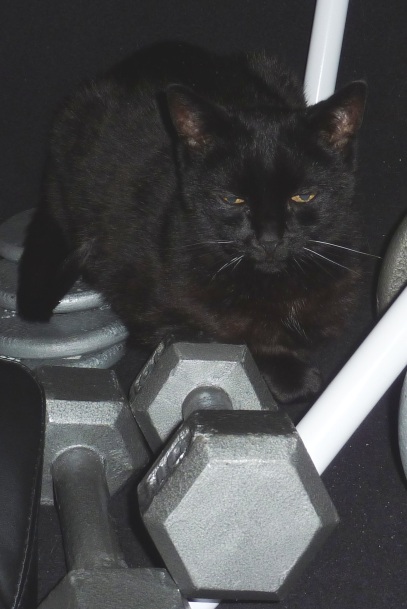Interdependence and Loneliness
As a Buddhist I have often been told we are all one inter-being.
We might imagine this as being different cells in the body of Dharma. Or perhaps even a subtle part woven into the machine of Karma.
Sometimes this idea seems perfectly inline with my human experience. Sometimes it seems in conflict with it.
The Monastery
I lived at Great Vow Zen Monastery for 2 years. I had many experiences of being part of a seamless system. It was an organic heart that shared it’s beat with so many people.
I also had experiences of deep and unyielding loneliness. It’s funny for some people to imagine feeling alone at the monastery. There is hardly any time where someone is not close at hand.
I slept in a room where other practitioners were a mere cubicle wall away. I could feel and most definitely hear their presence. Yet I often felt very, very alone.
The Experience of Loneliness
The experience of loneliness always comes as a sickness. A distinct longing to be seen and heard. A desire to be known in a deep and fundamental way. A hope and desire for intimacy.
Sometimes this longing manifests as a desire for a romantic partner. Sometimes as a distinct and dull depression.
It comes as a sense that something just isn’t quite right. I often wondered, ‘how does loneliness happen if we are all one being?’
Leaving the Monastery
Since leaving the monastery I have struggled with loneliness from time to time. Entering lay life is a challenge after the strict discipline and strong container of the monastery.
I have done many things to help contain my mind. Still, loneliness comes up.
Deep Connection
When I feel lonely I wonder if my heart is expressing its deep connection to the other human beings around me.
I feel a deep compassion and love. Yet my day-to-day experience doesn’t match the felt truth of inter-being.I live in a world with suffering beings one of which is me.
We are often caught up in our own agendas, our own ego games, and our own complex defenses to realize how deeply connected we all are.
This dissonance can amplify our suffering and lead to a feeling of disconnect and misalignment we call loneliness.
Nothing Is Amiss
Even though it is hard to bear. I think part of me knows that this deep feeling of longing, the well in the pit of my stomach, is not a sign of something wrong with me.
Rather it is an indication of inter-being in my life. Even my casting about for new friends and new romance, demonstrates a true desire to be connected
No Cure
I will not any particular cure or remedy for loneliness but rather a question.
How can I use the longing of loneliness to serve the dharma and strengthen my own heart?
How can we use the depth of this feeling to deepen our own connection to others and out understanding of suffering?
Accept It
Feeling lonely is hard no matter how you look at it. It is my own hope and deep wish that by acknowledging it as part of my reality and practice that it may offer relief to others who experience it’s effects.
Deep in my heart I truly believe that we love each other more than we are willing to admit. And sometimes it is only through this subtle pain called loneliness that we can realize the truth and power of this deep and abiding inter-heart.
This post was originally published in Ink On The Cat
ans subsequently published on The Under35 Project









